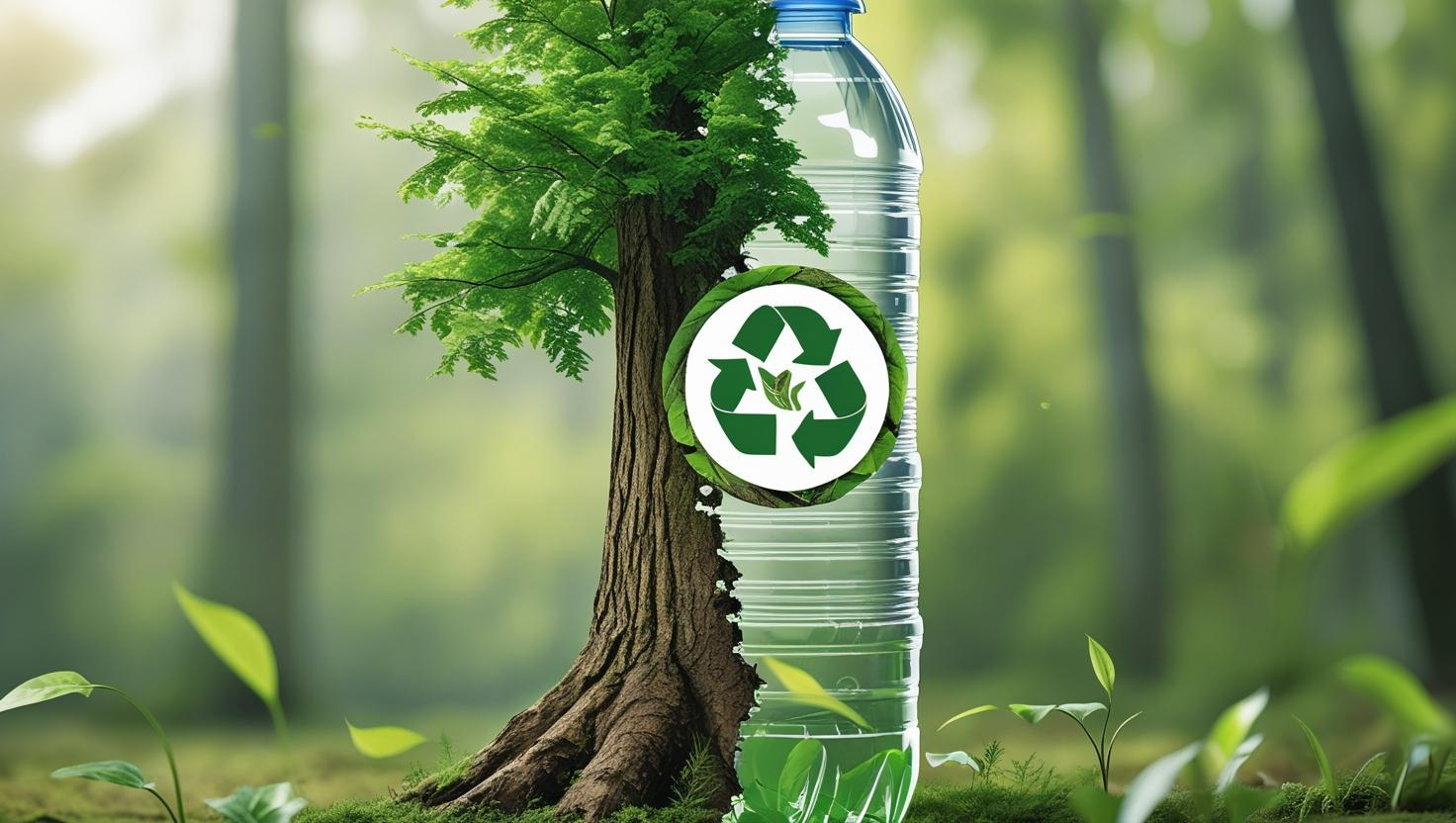The Plastic Problem: A Global Challenge
Plastic pollution has become one of the most pressing environmental issues of our time. Each year, millions of tons of plastic waste enter our oceans, harming marine life and disrupting ecosystems. Landfills are overflowing with plastic products that can take centuries to decompose, contributing to long-term environmental degradation.
Pristine is a major supporter of plastic recycling! We always believe in recycling first. Unfortunately traditional recycling methods have proven insufficient to address this crisis. According to the Environmental Protection Agency (EPA), only about 9% of plastic waste is recycled in the United States, with the rest ending up in landfills, incinerators, or the natural environment. Composting, while beneficial for organic waste, is not a viable solution for most plastics, as they are not designed to break down under composting conditions.
The Limitations of Current Solutions
Efforts to mitigate plastic pollution have included the development of biodegradable and compostable plastics. However, these alternatives often come with their own set of challenges:
Infrastructure Requirements: Many biodegradable plastics require specific industrial composting facilities to break down effectively, which are not widely available.
Performance Trade-offs: Some biodegradable materials do not match the durability and functionality of traditional plastics, limiting their applicability.
Environmental Conditions: Certain biodegradable plastics may not decompose efficiently in natural environments like oceans or landfills, leading to persistent pollution.
These limitations highlight the need for more effective and scalable solutions that can integrate seamlessly into existing systems.
Pristine®: A Game-Changer in Plastic Sustainability
Pristine has developed a biodegradable plastic additive designed to address the shortcomings of current solutions. This innovative additive can be integrated into the manufacturing process of most conventional plastics, including EVA, HDPE, LDPE, PP, PVC, PET, and more, without the need for retooling or altering existing production lines.
Key Features of Pristine's Additive:
Compatibility: Works with a wide range of plastics, making it versatile for various applications.
Environmental Impact: Enhances the biodegradability of plastics in both landfill and marine environments, facilitating natural decomposition.
Performance Retention: Maintains the strength and durability of plastics during their intended use, ensuring product reliability.
Cost-Effectiveness: Offers a low-cost solution that does not require changes to existing manufacturing processes.
The Science Behind Pristine’s® Additive
Pristine's additive functions by facilitating the formation of a microbial biofilm on the plastic surface, leading to the accelerated biodegradation of polymer chains. This process enables plastics to decompose more efficiently in environments where traditional plastics would persist for centuries.
Independent third-party testing, including ASTM D5511 standards, has demonstrated the effectiveness of Pristine's additive in enhancing the biodegradability of plastics.
Implications for Consumer Packaged Goods (CPG) Companies
For CPG companies, integrating Pristine's additive into their products offers a pathway to meet sustainability goals without compromising on quality or performance. By adopting this technology, brands can reduce their environmental footprint, appeal to eco-conscious consumers, and stay ahead of regulatory changes targeting plastic waste.
The global plastic crisis demands innovative and scalable solutions. Pristine's biodegradable plastic additive presents a promising approach by enhancing the degradability of conventional plastics without disrupting existing manufacturing processes. By embracing such technologies, industries can play a pivotal role in mitigating plastic pollution and fostering a more sustainable future.

